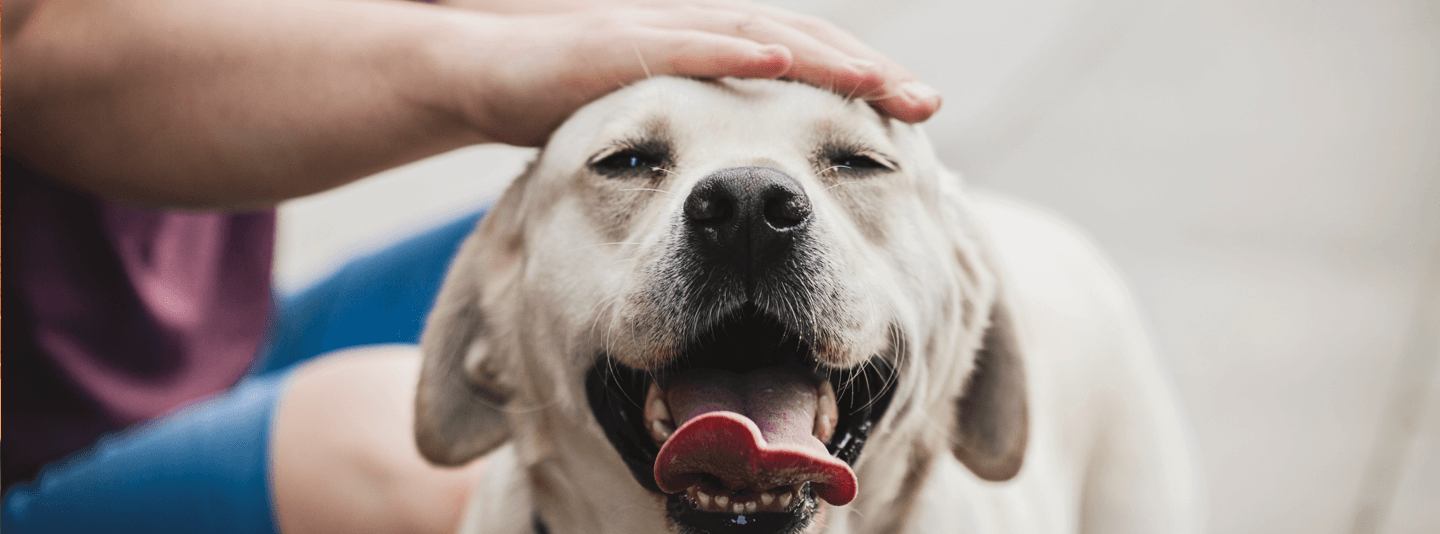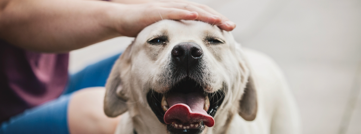

Bad Breath in Dogs: Causes and Prevention
Your dog's bad breath—also known as halitosis— isn’t just gross and stinky. Oral hygiene is connected to a dog’s overall health, which means that odor can indicate some serious underlying issues. Poor oral health can lead to pain or discomfort and can even impact other organs in the body. For this reason, promoting good oral hygiene in dogs is about more than keeping your dog’s breath fresh.
Start by learning all about canine halitosis: what it is, what causes it, and how to prevent it.
What Is Canine Halitosis?
Bad breath in dogs, also known as canine halitosis, is common in dogs of all ages and breeds. Although halitosis can be caused by several underlying conditions, including kidney and liver disease and chronic bronchitis, it is most associated with dental issues.
For dogs with advanced dental issues, the smell of canine halitosis is often described as being similar to the smell of rotten eggs.
What Should My Dog’s Breath Smell Like?
It’s not likely that your dog’s mouth will smell like mint or roses, even with regular dental care. Their breath will most likely smell like the food they eat, especially if they’ve eaten recently. A healthy dog may still have unpleasant breath from time to time.
However, if your dog’s breath goes from unpleasant to unbearable, that could be a sign of poor oral hygiene. A dog who suffers from dental issues will have breath that smells rotten and unnaturally strong.
What Causes Halitosis in Dogs?
There are many known causes of bad breath in dogs, but the most common cause of canine halitosis is a dental issue, including plaque and tartar buildup.
Oral Health Issues: The Most Common Cause of Bad Breath in Dogs
A dog’s oral health affects more than the teeth and gums, and oral health can have a direct link to overall health.
What are we referring to when we talk about canine oral health? Here are some of the issues that might be affecting your dog:
- • Plaque is formed by the mixing of food particles, bacteria, and saliva. Over time, plaque hardens and turns into tartar, which is more difficult to remove.
- • Other oral infections, including infections of the teeth, lips, or tongue, may also cause your dog to have unpleasant breath.
How to Fight Halitosis in Dogs
The good news about canine halitosis is that there are several measures you can take to promote good oral health in your pet. Make these habits part of your regular routine to help prevent bad breath:
- • Seek regular veterinary care. Getting professional dental cleanings by your vet is one of the best ways to promote good oral hygiene in your dog. Your vet can recommend how often this should be done.
- • Brush your dog’s teeth at least 3 times a week to remove leftover food particles and prevent plaque buildup. Be sure to use a toothbrush and toothpaste that are designed for dogs. (You should never use human toothpaste on your dog!) In addition to brushing at home, your dog should get a professional dental cleaning from the vet at least once a year.
- • Feed your dog a balanced diet. Talk with your vet to determine what food is best for your dog.
- • Give your dog dental chews. Some dog chews are designed to clean your dog’s teeth and fight against plaque and bad breath. Make sure to look for products with the Veterinary Oral Health Council (VOHC) Seal of Acceptance.
- • Give your dog chew toys. They’re not just for fun—chew toys can also promote good dental health by scraping away at any plaque left on the teeth. Chewing on dog toys can also promote saliva production, which cleanses your dog’s mouth. To find a safe toy for your dog, check to see if you can indent it with your fingernail. If it doesn’t indent, it’s too tough for your dog.
How Can I Freshen My Dog’s Breath Without Brushing?
An easy way to clean your dog’s teeth and freshen their breath is by using ORAVET chews. ORAVET chews utilize a dual-cleaning action to loosen existing plaque on the teeth, and then form a barrier to protect against future buildup.
Dogs love ORAVET chews.1 If you’re looking for a way to make your dog’s breath smell better while also promoting good oral hygiene, choose ORAVET chews and make serious oral care simple.